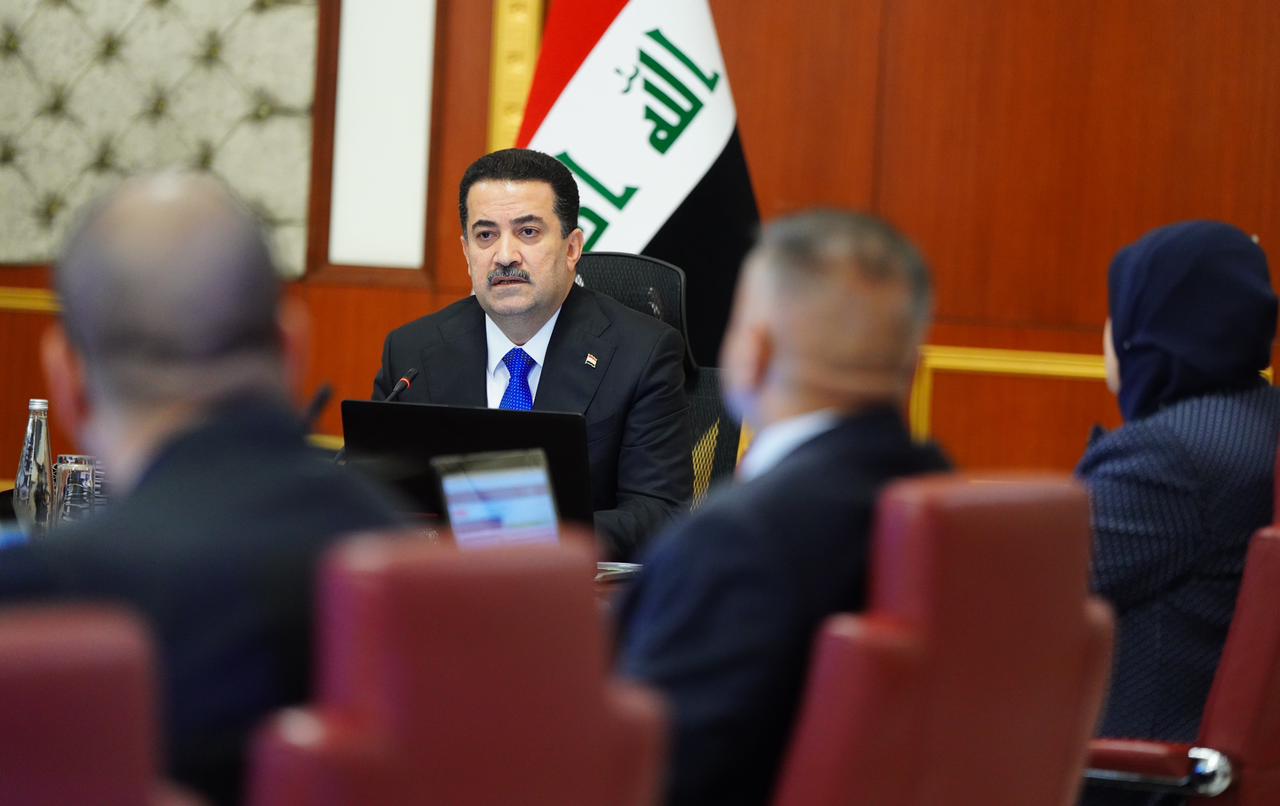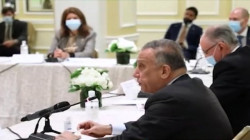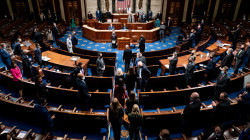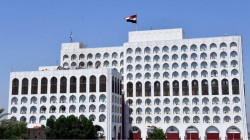Unveiling the enigma of the "anticipated" decision: Why did the government challenge certain budget provisions?

Shafaq News / The Parliamentary Finance Committee has shed light on the underlying rationale behind the government's appeal against several provisions within the General Budget Law. While experts have dismissed the notion that this appeal would result in the suspension of the budget, they have acknowledged its legitimacy since it was filed subsequent to the law's enforcement.
Prime Minister Mohamed Shia al-Sudani submitted an appeal to the Federal Supreme Court on Monday, challenging a number of clauses within the General Budget Law. In his appeal, he sought a "state order" to prevent the implementation of these clauses once the law comes into effect, pending the court's decision on their constitutionality.
The parliamentary finance committee has attributed the reason for this appeal to the government's belief that these articles are both unlawful and unconstitutional. Furthermore, these contentious articles, among others, were the subject of disagreement within the committee itself. They failed to garner unanimous consensus but were nonetheless passed by a vote of 50 plus one.
"However, there are certain provisions that are illicit, which we anticipated would be rejected, as they were introduced by certain Members of Parliament in an attempt to placate the public. These provisions, such as the creation of jobs, the conversion of temporary positions to permanent ones, are not within the purview of the House of Representatives but fall exclusively under the jurisdiction of the executive branch."
Diaa’ al-Mohsen, a researcher specializing in financial and economic affairs, voiced his perspective, stating, "The implementation of the budget by the executive authority has become obligatory following its approval by the House of Representatives, its endorsement by the President of the Republic, and its publication in the official Iraqi gazette, al-Waqa'a."
In an interview with Shafaq News Agency, Al-Mohsen remarked, "Conversely, it appears that the government holds a different viewpoint on certain provisions introduced by the House of Representatives. From the government's perspective, these items seem to present financial concerns that could exacerbate the state of the budget deficit."
"As a consequence, the government opted to challenge only these specific articles. Nevertheless, the notion that the appeal would result in a halt to the budget is unfounded, as other budgetary items (excluding those subject to dispute) will be implemented, with the Ministry of Finance having issued directives to that effect."
In terms of the appeal's constitutionality, legal expert Haider al-Sufi elucidated, "As per the constitutional article, appeals to the Federal Supreme Court must be based on the laws in force, and the budget constitutes a valid law."
"Therefore, in accordance with constitutional provisions, the government, any concerned party, and the public prosecutor may contest the budget law just like any other law after it has come into effect and been published in the Official Gazette," al-Sufi informed Shafaq News Agency.
On Monday, June 26, 2023, the official Iraqi Gazette, published by the Ministry of Justice, disseminated the text of the General Budget Law for the years 2023, 2024, and 2025.
President Abdellatif Jamal Rashid, for his part, granted approval to the Federal Fiscal Budget Law on Wednesday, June 21, 2023.
It is worth noting that on June 12, the Iraqi Council of Representatives voted on the financial budget for the years 2023, 2024, and 2025, amounting to 198.9 trillion Iraqi dinars ($153 billion) per annum, with a total deficit of 63 trillion dinars ($48.3 billion). However, the provisions related to the budgets of 2024 and 2025 have not yet been published.





